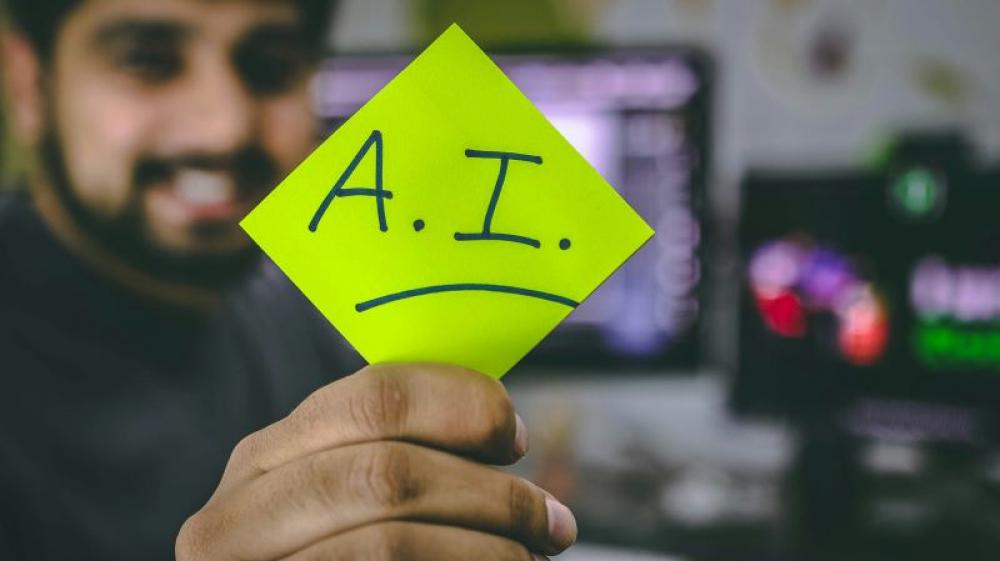Just Earth News | @justearthnews | 22 May 2024, 08:37 am Print
 Artificial Intelligence
Artificial Intelligence Photo Courtesy: Unsplash
With Artificial Intelligence slowly encroaching on the mainstream and becoming part of day-to-day activities, European Union member states on Tuesday gave the final agreement to the world's first law to regulate it.
"The flagship legislation follows a ‘risk-based’ approach, which means the higher the risk to cause harm to society, the stricter the rules. It is the first of its kind in the world and can set a global standard for AI regulation," the EU said in a statement.
The new law aims to foster the development and uptake of safe and trustworthy AI systems across the EU’s single market by both private and public actors.
At the same time, it aims to ensure respect of fundamental rights of EU citizens and stimulate investment and innovation on artificial intelligence in Europe.
The AI act applies only to areas within EU law and provides exemptions such as for systems used exclusively for military and defence as well as for research purposes.
Mathieu Michel, Belgian secretary of state for digitisation, administrative simplification, privacy protection, and the building regulation, said: "The adoption of the AI act is a significant milestone for the European Union. This landmark law, the first of its kind in the world, addresses a global technological challenge that also creates opportunities for our societies and economies. With the AI act, Europe emphasizes the importance of trust, transparency and accountability when dealing with new technologies while at the same time ensuring this fast-changing technology can flourish and boost European innovation."
The new law categorises different types of artificial intelligence according to risk.
AI systems presenting only limited risk would be subject to very light transparency obligations, while high-risk AI systems would be authorised, but subject to a set of requirements and obligations to gain access to the EU market.
AI systems such as, for example, cognitive behavioural manipulation and social scoring will be banned from the EU because their risk is deemed unacceptable, read the EU statement.
The law also prohibits the use of AI for predictive policing based on profiling and systems that use biometric data to categorise people according to specific categories such as race, religion, or sexual orientation.
- United Kingdom launches eVisa for Indian visitors starting today — Here’s what travellers need to know
- Abandoned at birth, Punch the macaque finds global love as crowds flock to Tokyo zoo
- YouTube Premium Lite just got a massive boost — Know all details
- Trump claims he stopped 35 million deaths by stopping India-Pakistan war
- Entrepreneur decides to shut down 16-year old eatery in London, cites harassment and Pakistani attacks





-1763561110.jpg)
